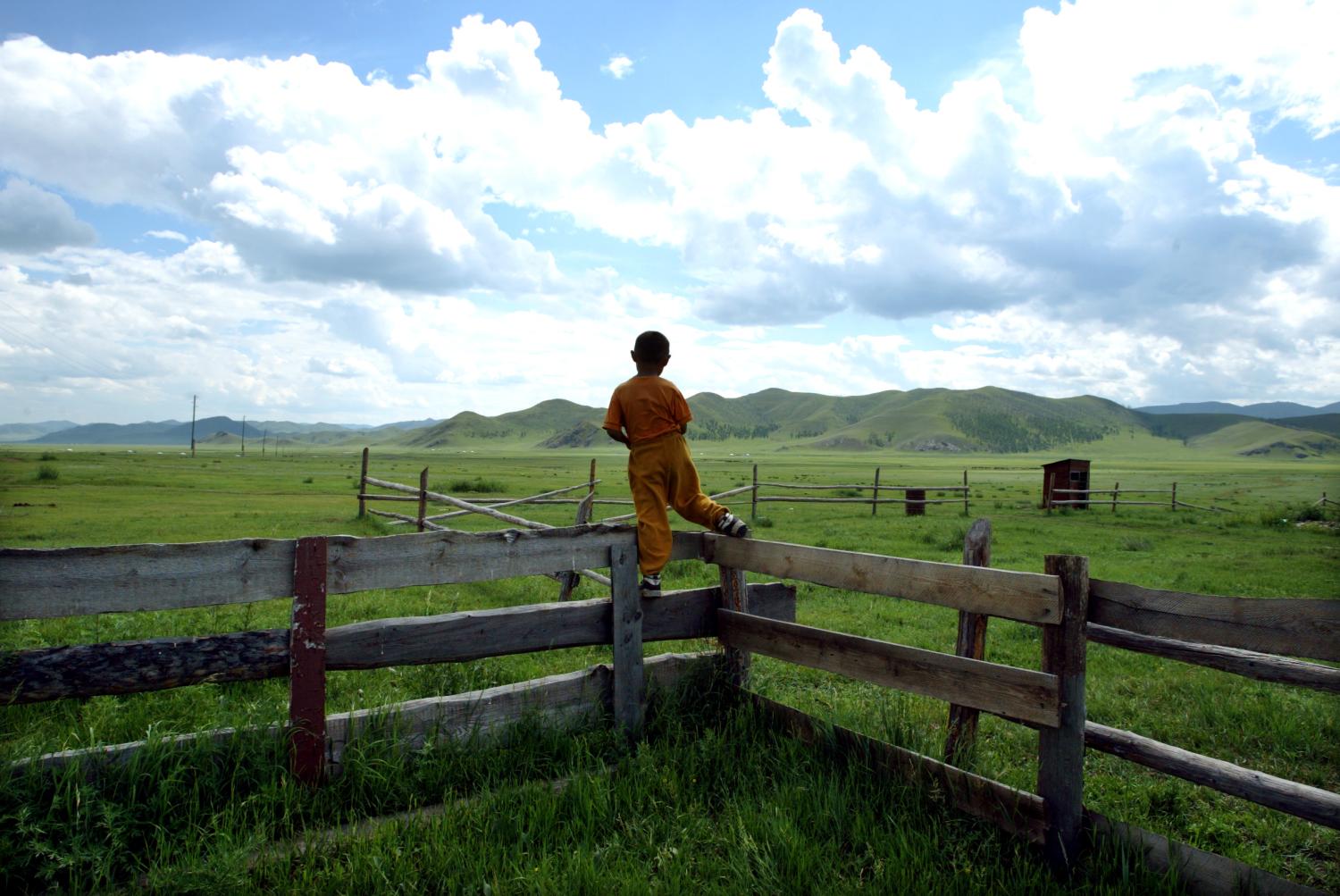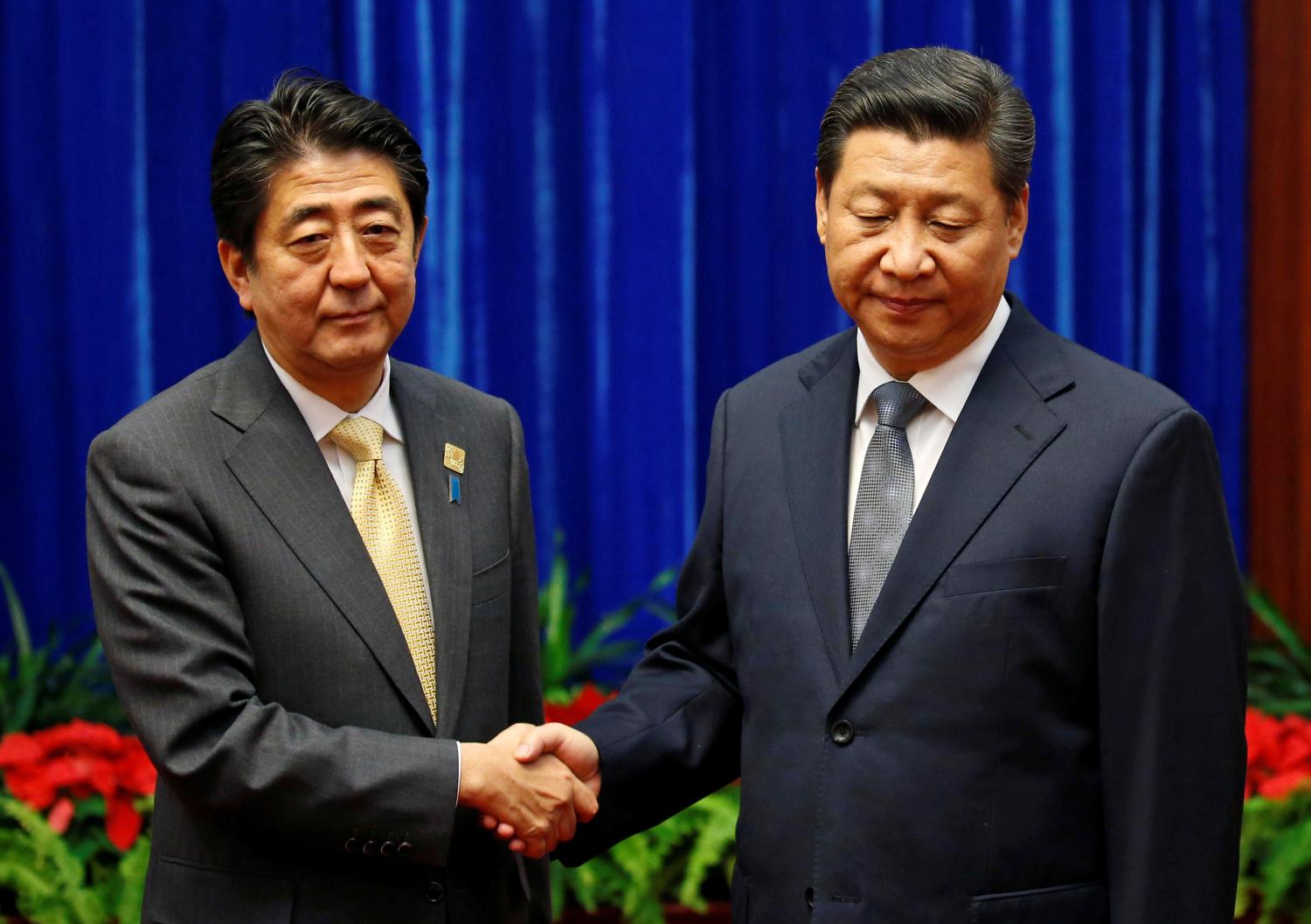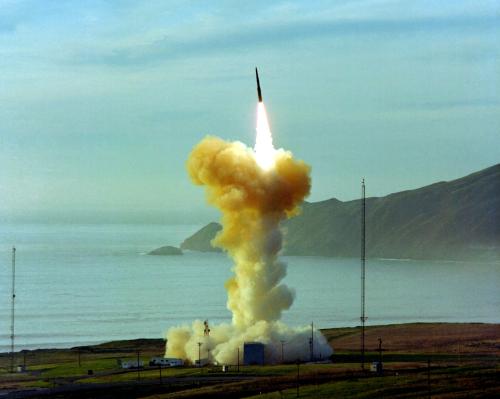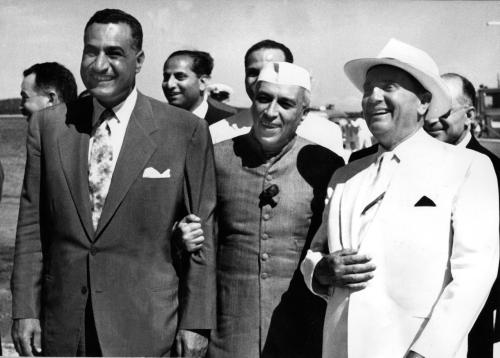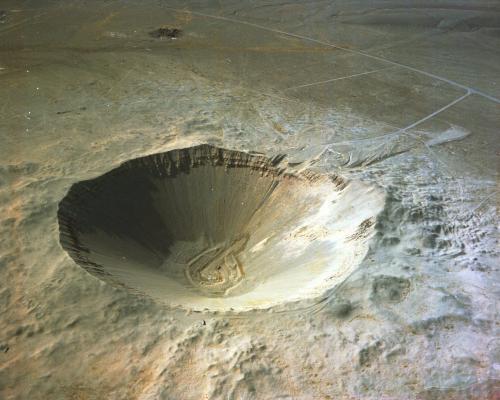In September 1992, in an address to the United Nations, the president of Mongolia declared his country’s territory a nuclear-weapon-free zone. The declaration was about politics, geopolitics and policy. The political context at the time was quite dramatic: the announcement came on the heels of the completion of the Soviet/Russian troop withdrawal from Mongolia, the collapse of the Soviet Union and the demise of communism in both Russia and Mongolia. The decades of Mongolian dependence on the Soviet Union and hostility toward China were about to become history, as the country set out to normalize its relations with China and revamp those with its new old northern neighbor.
In geopolitical terms, it spoke to the country’s unique location. Few countries in the world―in fact, no other country in the world―share Mongolia’s unique geographical and geopolitical location: the country is located on the peripheries of Russia and China, its only neighbors, who also happen to be two of the world’s five acknowledged nuclear powers.
The declaration at the UN was one of the first independent moves made by Mongolia in formulating its own foreign policy goals. The concept of a nuclear-weapon-free zone, whereby states in a designated territorial area choose, as a group, to promote their security by prohibiting the stationing, manufacturing, testing, and ownership of nuclear weapons on their territories (rather than seeking security by joining alliances or enjoying extended deterrence), had a great deal of appeal to Mongolia. Six such zones, with varying specifics, are currently in existence, all created via treaty arrangements among state parties: in Latin America and the Caribbean, the South Pacific, Southeast Asia, Central Asia, and Africa. The Antarctic could also qualify. Protocols to those treaties designed for the signing and ratification by nuclear-weapon states include provisions committing them not to use or threaten to use nuclear weapons against the states belonging to nuclear-weapon-free zones. Mongolia’s ambition was to become a similar internationally recognized nuclear-weapon-free zone enjoying the same security assurances from the nuclear-weapon states.
As a policy, the Mongolian initiative reflected the country’s resolve to never let its territory be used as a stationing ground for nuclear weapons: during the Sino-Soviet split the Soviets had reportedly kept nuclear-capable missiles in Mongolia. Ensuring its security by avoiding taking sides in a major power rivalry, let alone a confrontation involving nuclear weapons, was a powerful lesson that the country had drawn from its Cold War experience. Therefore, Mongolia welcomed the normalization of relations between Russia and China in the late 1980s and endeavored to pursue greater balance and good-neighborliness in its own relations with these two countries.
The Brookings Institution is committed to quality, independence, and impact.
We are supported by a diverse array of funders. In line with our values and policies, each Brookings publication represents the sole views of its author(s).

